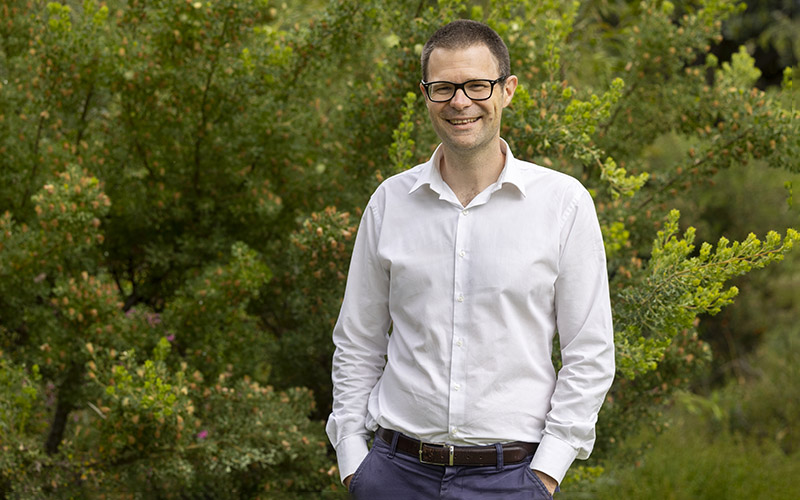Search

News & Events
Introducing the CliniKids Autism Seminar Series!The Kids Research Institute Australia’s CliniKids is excited to introduce an online autism seminar series in 2024, designed to inform families, clinicians and educators about the latest autism topics and research.
Research
Modelling the seasonal epidemics of respiratory syncytial virus in young childrenThis paper describes a mathematical model used to predict when an epidemic of respiratory syncytial virus (RSV) will occur so that preventive measures, such...
Research
Low serum 25-hydroxyvitamin D concentrations associate with non-alcoholic fatty liver disease in adolescents independent of adiposityThis paper examined the link between low serum Vitamin D levels and development of non-alcoholic fatty liver disease (NAFLD) in adolescents between 14 and 17...
Research
Maternal vitamin D status during pregnancy and bone mass in offspring at 20 years of age: A prospective cohort studyThis longitudinal, prospective study investigated the association between maternal vitamin D status and peak bone mass of offspring in 341 mother and...
Research
Early Vocabulary Development of Australian Indigenous Children: Identifying StrengthsThe current study sought to increase our understanding of the factors involved in the early vocabulary development of Australian Indigenous children.
Research
Resilience amongst Australian Aboriginal youth: An ecological analysis of factors associated with psychosocial functioningWe investigate whether the profile of factors protecting psychosocial functioning of high risk exposed Australian Aboriginal youth are the same as those...
Research
Clinical and demographic risk factors associated with mortality during early adulthood in a population-based cohort of childhood-onset Type 1 diabetesThis paper reports calculated standardized mortality ratios in patients with Type 1 diabetes, and assesses the association between poor management of...
Research
Using lung function measurements to greater advantage in patients with lung disease: Which test and when?This paper is an introduction to a series of articles about improved measurement of lung function in patients with chronic lung disease.
Research
Does Gender Moderate the Association Between Children's Behaviour and Teacher-Child Relationship in the Early Years?The purpose of this study was to examine whether teachers’ reports of relationship quality were associated with children's behaviour and gender.
Research
Neurological and Biological Foundations of Children's Social and Emotional Development: An Integrated Literature ReviewThis article is a review of developmental processes that combine social, health, and learning pathways, and the mechanisms through which these pathways may...
